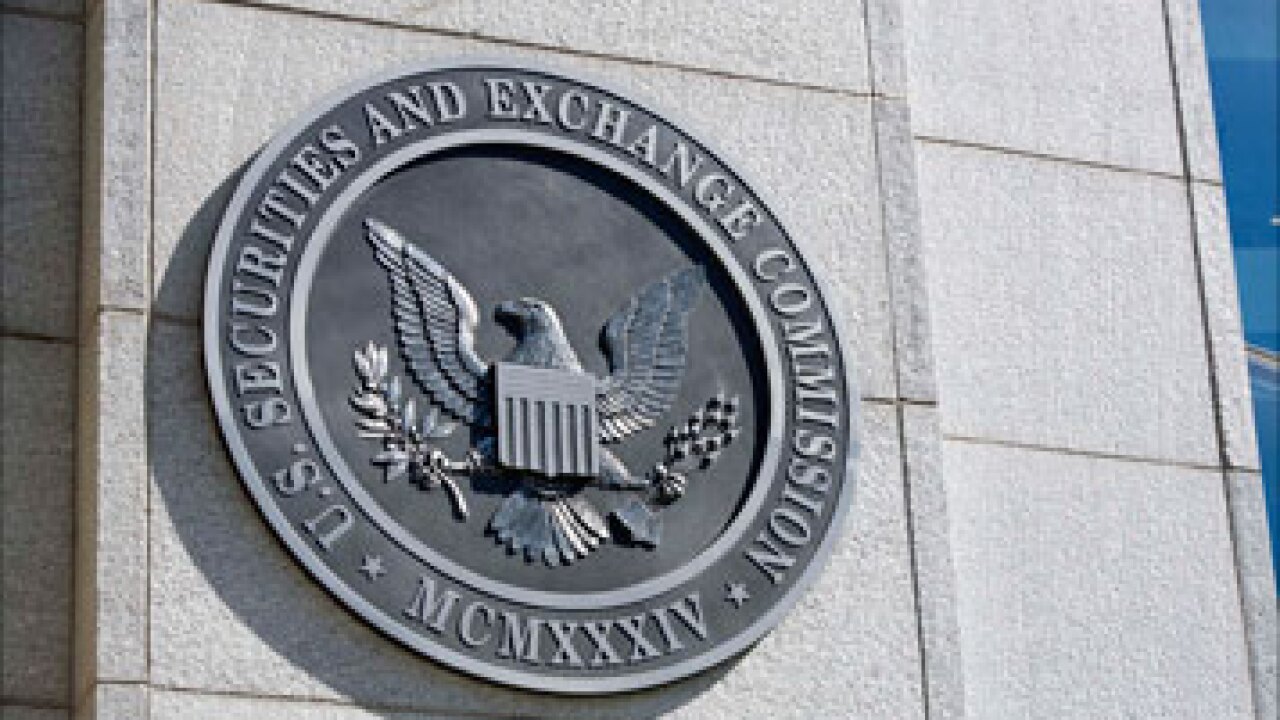Corporations have been approved to receive $14 billion in tax refunds from the Internal Revenue Service thanks to a hotly debated pandemic tax break, a government watchdog report has found.
The Internal Revenue Service has so far received more than 41,000 applications from businesses looking to take advantage of a provision in the March 2020 pandemic relief bill that allowed companies to apply business losses to years in which they weren’t profitable. That could then generate a quick turnaround tax refund, according to the
More than 1,200 of the companies receiving a refund got more than $1 million, according to the GAO data.

The tax break was included in the bipartisan CARES Act, but has since come under fire from Democrats who have called for it to be repealed because, they say, it largely aids corporations and wealthy investors. Republicans counter that the strategy is one that Congress has repeatedly deployed during economic crises to provide liquidity to companies.
The report is just one of many updates on the rollout of the economic relief bill passed more than a year ago. The GAO said in its regular report to Congress on pandemic aid programs that the Paycheck Protection Program and Economic Injury Disaster Loan programs are still suffering from fraud and require additional protections to prevent improper disbursal of funds. States should also provide more data to help recoup billions in fraudulent unemployment compensation that was paid out, the GAO said.
The IRS is just getting started in issuing the refunds for companies claiming the pandemic relief, the GAO said. The agency has thousands more applications that were filed on paper and caught up in a mail backlog or are tied to revised tax returns that have yet to be processed, the report said. In total, the congressional Joint Committee on Taxation estimates that the corporate tax break will cost the government $25.5 billion.
The committee also estimated that a similar version of the tax break for non-corporate entities, like partnerships and sole proprietorships, will total $169.6 billion over a decade. The GAO’s data didn’t look at these other business types, but said it is continuing to monitor the refund claims for those taxpayers.
“The CARES net operating loss provisions for losses incurred before and during the pandemic further worsened economic inequality by providing an average tax break of $1.6 million to just 43,000 very high-income taxpayers,” Rep. Lloyd Doggett, a Texas Democrat, said in a statement earlier this month.
The Tax Code normally allows business owners to tabulate their net operating losses from the years they weren’t profitable and use those to offset tax bills in future years when they did make money. In 2020, Congress expanded the provision to allow companies to carry losses back as many as five years in the past, which would allow previously profitable companies to mitigate their losses as the economy was faltering.
The GAO also said that the Department of Health and Human Services needs to do more to collect race and ethnicity data on people receiving Covid-19 vaccines. About half of all the data collected from states is missing that information, the GAO said. The group also urged HHS to make all data about nursing home vaccinations public and to report all the information on a centralized website.





